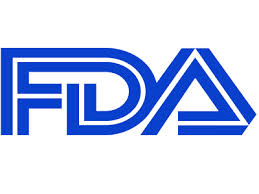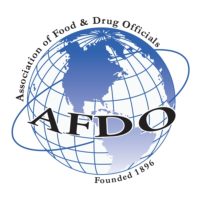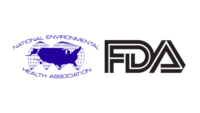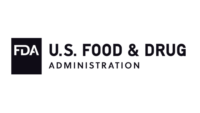The U.S. Food and Drug Administration (FDA) on Jan. 16 announced that it has issued the 2013 Voluntary National Retail Food Regulatory Program Standards (Retail Program Standards). These standards are intended to help reduce foodborne illnesses associated with retail food and foodservice establishments by promoting continuous improvement of food safety inspection programs, the agency said.
A notice on FDA's website said the Retail Program Standards serve as a guide for retail food managers in state, local, tribal, and territorial retail food regulatory agencies. Specifically, these standards promote:
- Adoption of science-based model regulations (e.g., the FDA Food Code);
- Improvements in staff training and increased program resources;
- Implementation of risk-based inspection programs based on Hazard Analysis and Critical Control Point (HACCP) principles;
- Development and implementation of outbreak and food defense surveillance and response plans; and
- Enhanced communication and collaboration with industry and consumers.
The Retail Program Standards serve as a guide for retail food program managers in designing and managing regulatory programs and provide recognition for programs that meet one or more of the Standards. The Standards assist food regulatory programs by identifying the areas that most need attention, enhancing the services they provide, and promoting the application of effective foodborne illness prevention strategies.
A Constituent Update from FDA's Center for Food Safety and Applied Nutrition (CFSAN) explained, "As the science of food safety evolves, the FDA works closely with stakeholders through the Conference for Food Protection to periodically review and update the Retail Program Standards. The 2013 Edition of the Retail Program Standards incorporates changes that improve the presentation and usability of the documents." These changes include:
- Addition of an Administrative Procedures document to more clearly explain the process for enrolling in the Retail Program Standards and maintaining enrollment;
- Addition of criteria for enrolled jurisdictions to implement a targeted intervention strategy to reduce the occurrence of foodborne illness risk factors, and assess the effectiveness of the targeted intervention strategy;
- Conversion of the FDA National Registry Report form (FDA Form 3519) and the Permission to Publish in National Registry form (FDA Form 3520) to PDF format to enable electronic completion and submission via email;
- Conversion of forms and worksheets to PDF format to enable electronic completion; and
- Revisions to the FDA’s Retail Program Standards website so that all forms and worksheets can be accessed and downloaded online.
The Voluntary National Retail Food Regulatory Program Standards are available on the FDA’s website. A complete listing of the jurisdictions enrolled in the Retail Program Standards may also be viewed online at the Listing of Jurisdictions Enrolled in the Draft Voluntary National Retail Food Regulatory Program Standards.
The Constituent Update also pointed out that FDA's regional retail food specialists continue to work closely with food regulatory programs across the country to encourage enrollment and successful implementation of the Retail Program Standards. Members of the FDA National Retail Food Team, including officials from the CFSAN and retail food specialists located in FDA regional offices around the country, are available to answer questions about the Retail Program Standards. Inquiries may be sent to retailfoodprotectionteam@fda.hhs.gov.




